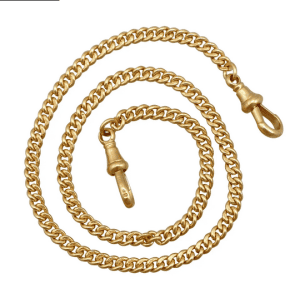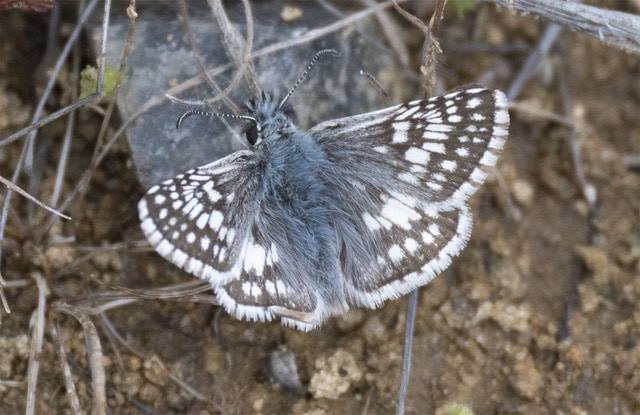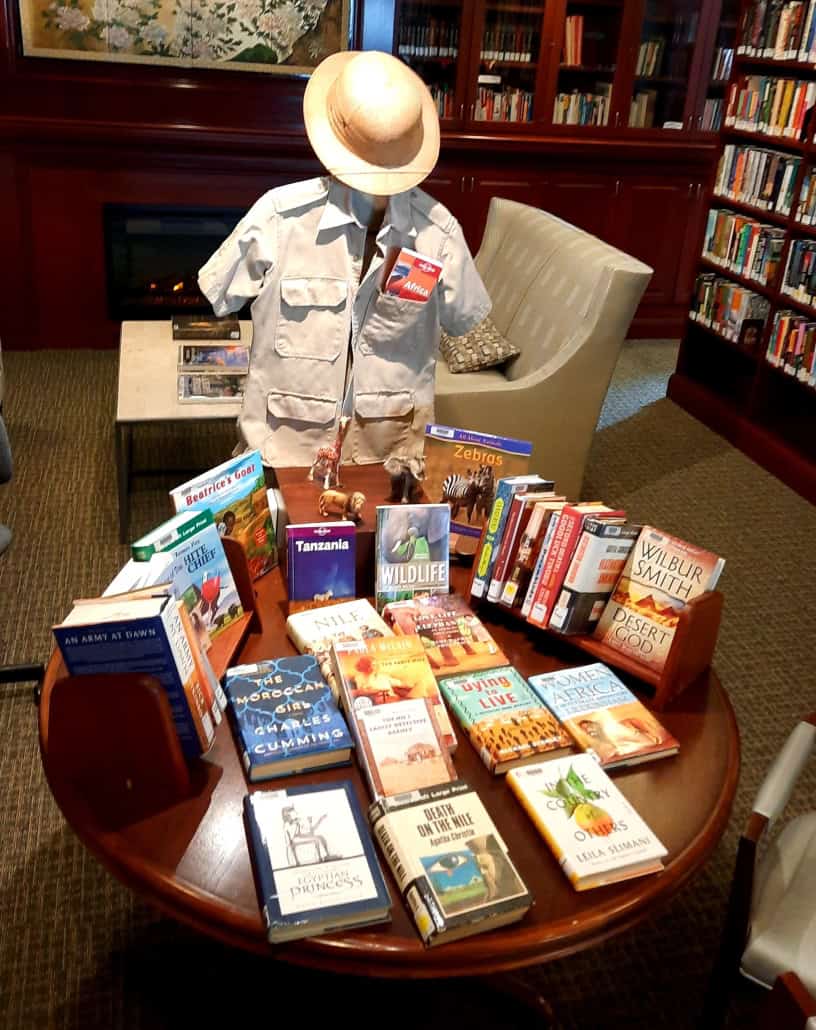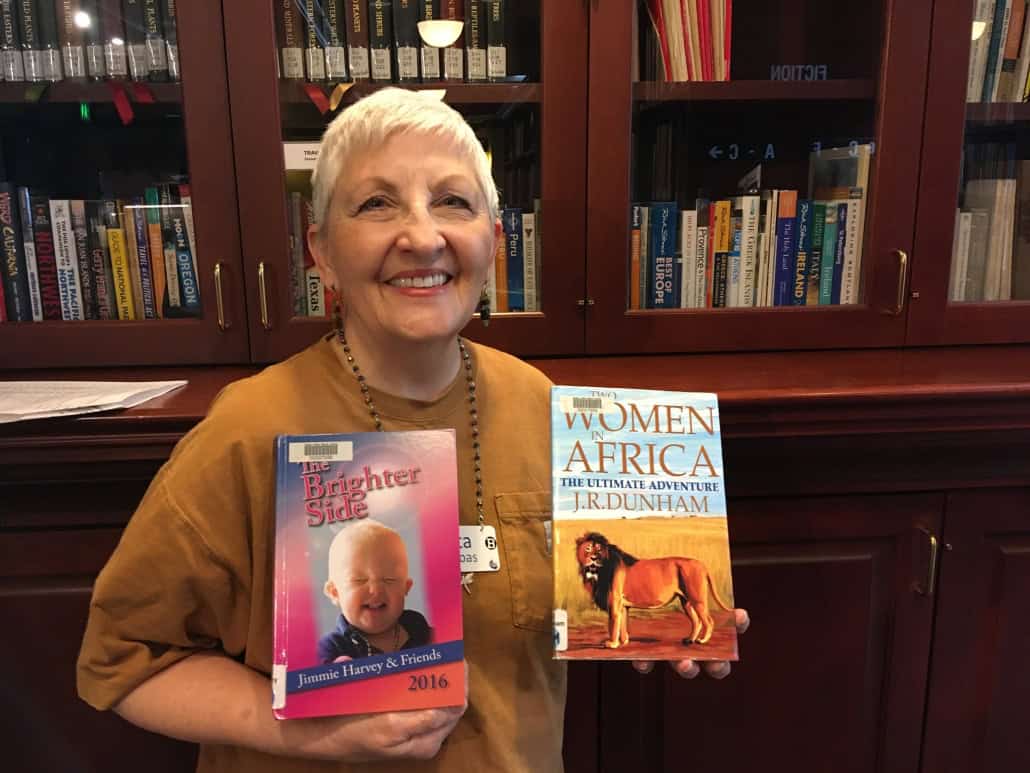Book Review: The Elephant Whisperer
by Liz Caldwell
The Elephant Whisperer by Lawrence Anthony
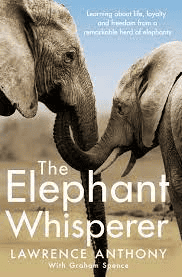 African elephants are the largest land mammal, weighing up to 6 tons. They are 2.4 times the size of Asian Elephants and have never been domesticated to work for humans (as have Asians.) This book is an almost spiritual story of a family of seven rogue African elephants, slated to be shot.
African elephants are the largest land mammal, weighing up to 6 tons. They are 2.4 times the size of Asian Elephants and have never been domesticated to work for humans (as have Asians.) This book is an almost spiritual story of a family of seven rogue African elephants, slated to be shot.
It is also the story of international conservationist Lawrence Anthony, who agreed to take these elephants onto his Thula Thula Game Reserve, 25 miles from the world famous Hluhluwe-Infolozi Park. His reserve was 5,000 acres of pristine bush in the heart of Zululand, South Africa, and was once the private hunting ground of King Shaka, founder of the Zulu Kingdom. Anthony prohibited killing of all animals on Thula Thula, which means “Peace and Tranquility” in Zulu. Elephants once roamed freely there, but these elephants were the first wild ones in more than a century.
This experience, both physical and spiritual, evolved through three phases, described in gripping narrative. The first involved transporting all seven elephants together, plus then calming them enough not to break out at Uvivi (4:45 AM) every morning in the direction of their previous home. Anthony’s untried strategy was both dangerous and fascinating. The second phase involved the spiritual and individual bonds that Anthony developed with these amazing creatures, each with a distinct personality. One of the treats of the book was how he learned to understand their communication to him.
Interesting questions answered in the book:
*How to move seven elephants together at one time?
*How does an elephant determine the intensity of the electrical current at different locations along electric fences?
*How to gain acceptance of local tribes on neighboring lands?
*How to use superstition and fear of witchcraft as an aid against poaching?
*What were examples of the elephants’ telepathic powers?
*Why were elephant bones so rarely found there?
Library patrons enjoyed “Love, Life, and Elephants, An African Love Story” written by Dame Daphne Sheldrick, in which she describes learning how to feed and raise orphaned baby elephants in Kenya. And it was Dame Sheldrick whom Anthony consulted when trying to raise a baby elephant. The elephant herd in Thula Thula increased from the original seven in 1999, to twenty-one in 2012, the carrying capacity of that land.
And what was Phase 3 of this experience? That is for you, dear reader, to discover for your reading pleasure.
This book was published in April 2009 by Pan Macmillan in London and in July 2009 by Thomas Dunne/St Martin’s Press in New York. Featured in the Library’s May Africa Book Display, it has 16 color photos, with dozens more on the Internet. The Library thanks patron Judy Blue for recommending this book. Based on its appeal, the Library has also acquired a second book by Anthony: “Babylon’s Art, The Incredible Wartime Rescue of the Baghdad Zoo“, C2007.


